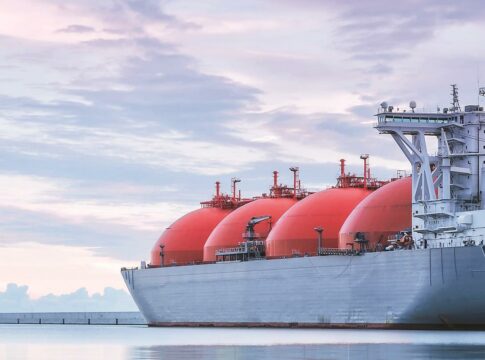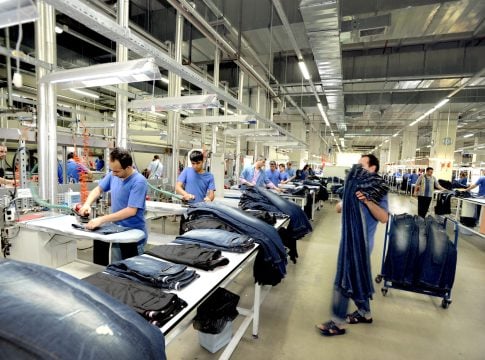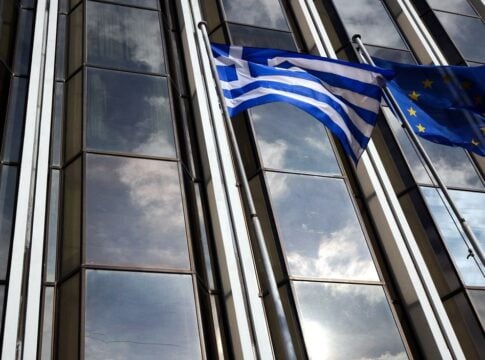Having recovered from the great economic crisis of the previous decade, Greece has gained credibility and is considered an example of resilience, the general manager of Naftemporiki, Spyros Ktenas, said on Thursday, opening the proceedings of the 4th Economic Conference of “N” at the Zappeion Megaron.
Ktenas noted that there is no doubt that significant steps have been taken, although we still have a long way to go:
-Greek government bonds have yields comparable to those of most Eurozone member states.
-From 2019 to the present, investments as a percentage of GDP have been gradually increasing. From approximately 11% in 2019, they are expected to reach 16.9% this year. However, we are about five percentage points of GDP away from closing the gap that separates us from Europe, Ktenas stated.
-Public debt as a percentage of GDP is decreasing rapidly.
-The banking system has been significantly consolidated.
As a member of the Eurozone, Greece has gained its credibility through sacrifices, returning to normality. However, productivity remains low, which is a serious inhibiting factor for the rapid recovery of its economy, he stressed, adding that four rating agencies – Moody’s, S&P, Fitch and DBRS – have recently pointed this issue to “N”.
Serious social deficits
-The constant increase in overdue debts to the tax authorities, which reached 111.6 billion euros, almost 50% of GDP, indicates a problem in the real economy.
-In addition, 50.3 billion euros are overdue debts to EFKA and the social security funds.
-Greeks do not save and seem to spend more than they earn. In the first quarter of 2025, according to Eurostat, the household savings rate stood at 15.4% in the eurozone as a whole, but in Greece it was negative (-3.6%).
-Incomes remain at low levels. Eurostat research shows that Greeks are in the last positions in the EU, in terms of their purchasing power.














